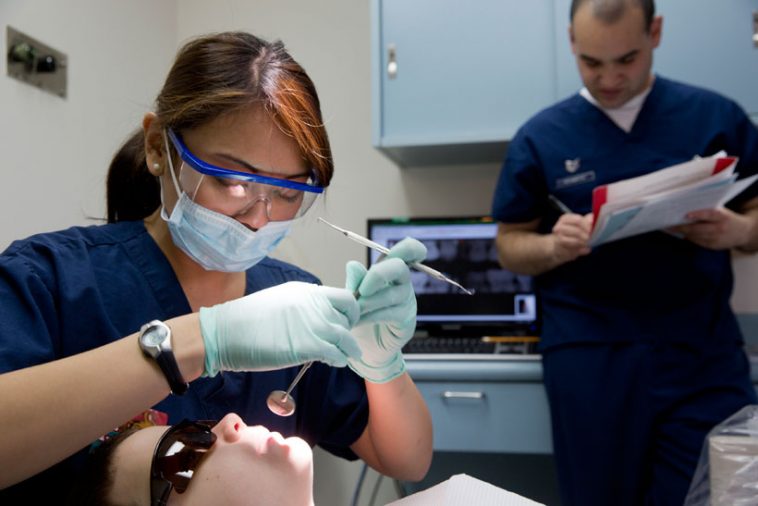- Like
- SHARE
- Digg
- Del
- Tumblr
- VKontakte
- Flattr
- Buffer
- Love This
- Save
- Odnoklassniki
- Meneame
- Blogger
- Amazon
- Yahoo Mail
- Gmail
- AOL
- Newsvine
- HackerNews
- Evernote
- MySpace
- Mail.ru
- Viadeo
- Line
- Comments
- Yummly
- SMS
- Viber
- Telegram
- JOIN
- Skype
- Facebook Messenger
- Kakao
- LiveJournal
- Yammer
- Edgar
- Fintel
- Mix
- Instapaper
- Copy Link
Introduction
There are a few dental procedures as scary as wisdom teeth removal. Just the thought of the extraction process and subsequent pain is enough to make you want to delay your dental appointment as much as possible. And doing so can only make matters worse.
However, when you’ve got the right dentist, and you know exactly what’s coming, you’ll realize there’s not much to be scared of.
Here’s what you need to know before going for wisdom teeth removal…
Does Everyone Need to Get Their Wisdom Teeth Removed?
First, we have to determine whether you even need wisdom teeth removal. Have you started noticing your wisdom tooth poking out at the back of your teeth? If you think that’s a sign to get your wisdom tooth removed, you’re not quite right.
This is just one of the many myths surrounding wisdom teeth. Growing a wisdom tooth doesn’t automatically mean that you need to get it removed. You only need to get it extracted if it’s causing you excessive pain, growing out in the wrong direction, or causing any bite problems.
Once your dentist has thoroughly examined your teeth and gums, they will decide whether you need to get your wisdom tooth removed or not. If not, it’s your lucky day, and you can forget all about scary tooth extractions. If the dentist does recommend getting your wisdom tooth extracted, you need not worry too much about it. Keep reading to find out what the procedure entails.
What’s the Procedure for Wisdom Teeth Removal?
Before the procedure, your dentist will ask you about any health conditions you might have or any drugs or medicines you might be consuming as they might have to adjust the procedure accordingly.
Depending on the severity of the case, your doctor will either numb your mouth or put you entirely to sleep during the procedure. After that, they will make a small cut around your gums to expose the bone and tooth. They will remove the tooth, all at once or in pieces, depending on the condition of the tooth.
Then, they will clean the site of the tooth of any debris, germs, rot, etc. Once the site is all clean, they will add stitches to close the wound, and these stitches will probably dissolve in a few days. The dentist will also add some gauze over the spot to control any bleeding.
After-Care for Wisdom Teeth Removal
Your dentist will explain in great detail all the dos and don’ts after getting wisdom teeth removal. However, here are some things you need to remember:
- Avoid hard, hot, spicy, or chewy foods.
- Don’t brush or floss your teeth in the first 24 hours after the procedure.
- Avoid rinsing your mouth after the procedure.
- Ice your cheeks to soothe the area.
- Avoid touching the extraction site with your tongue or fingers.
Conclusion
While it might seem daunting, and you may hear a lot of horror stories, the truth is that wisdom teeth removal in Houston, Texas is a fairly common and straightforward process. The entire procedure shouldn’t take you more than an hour, and as long as you follow all after-care instructions, you should recover from the procedure in a matter of days.


